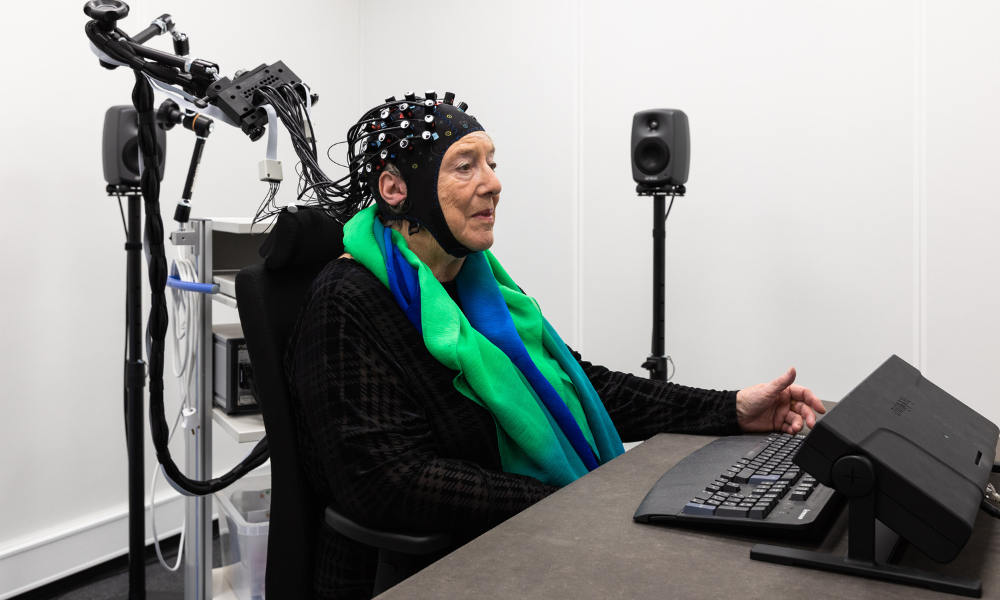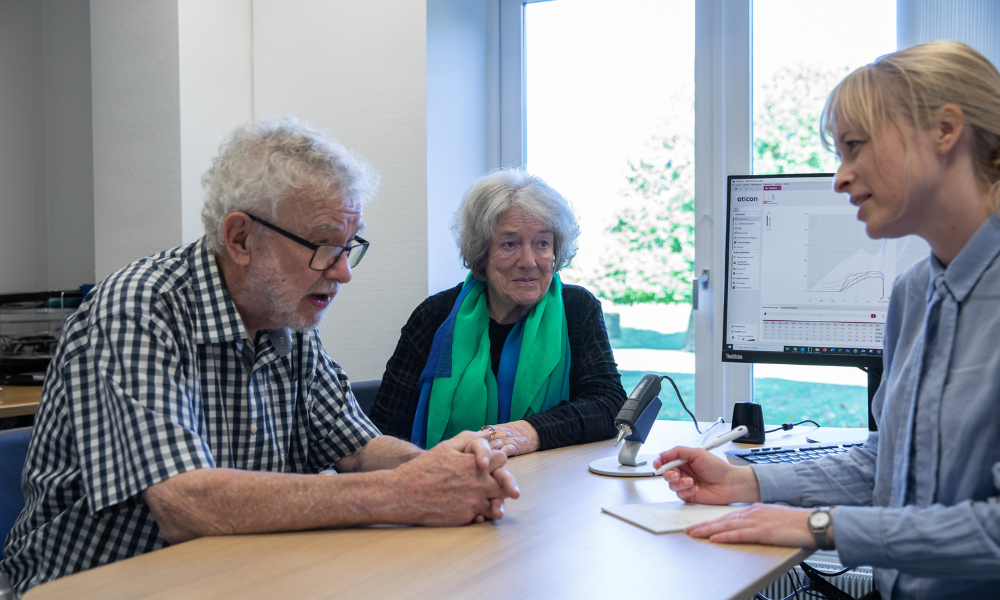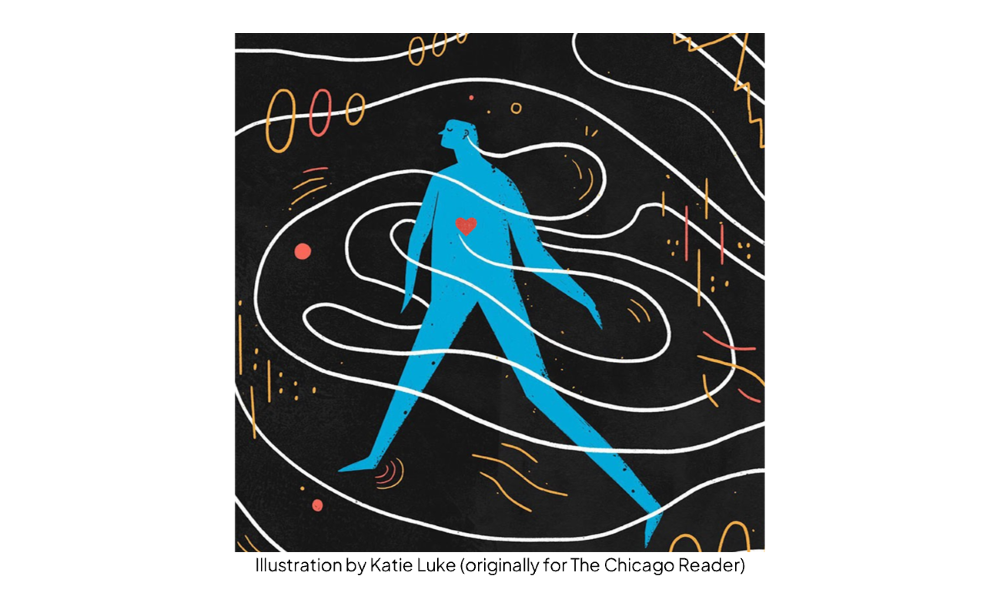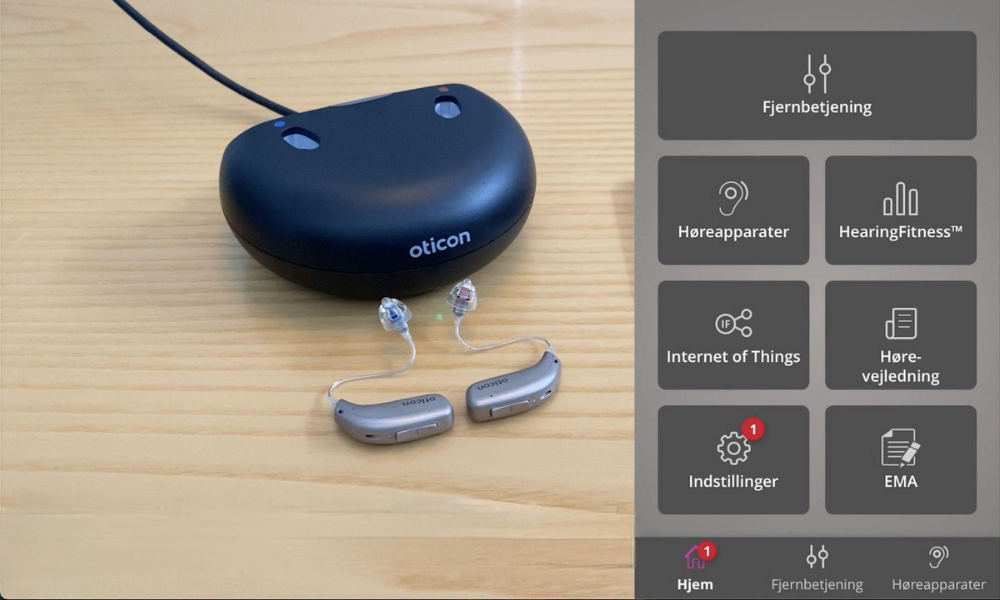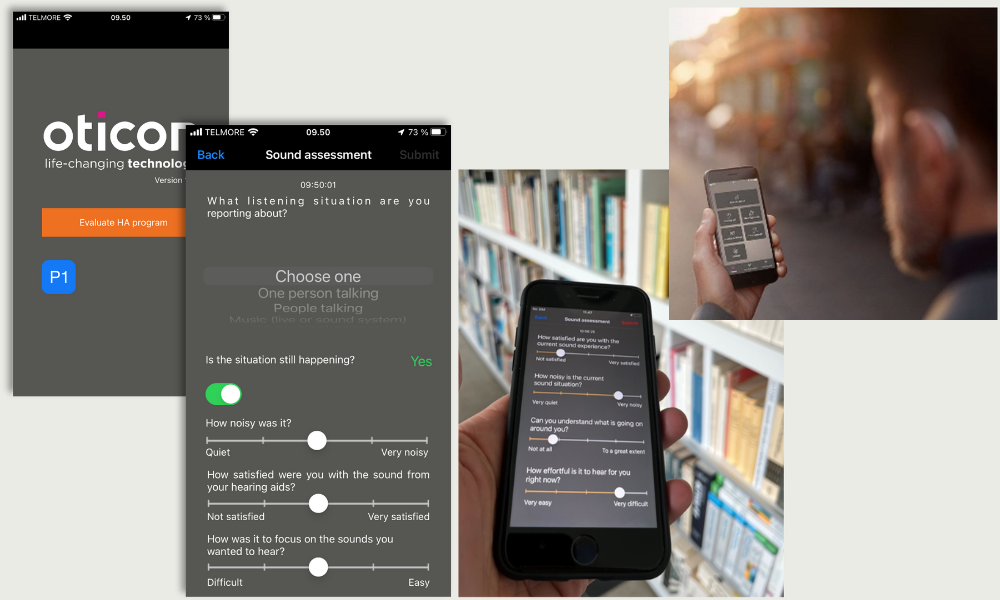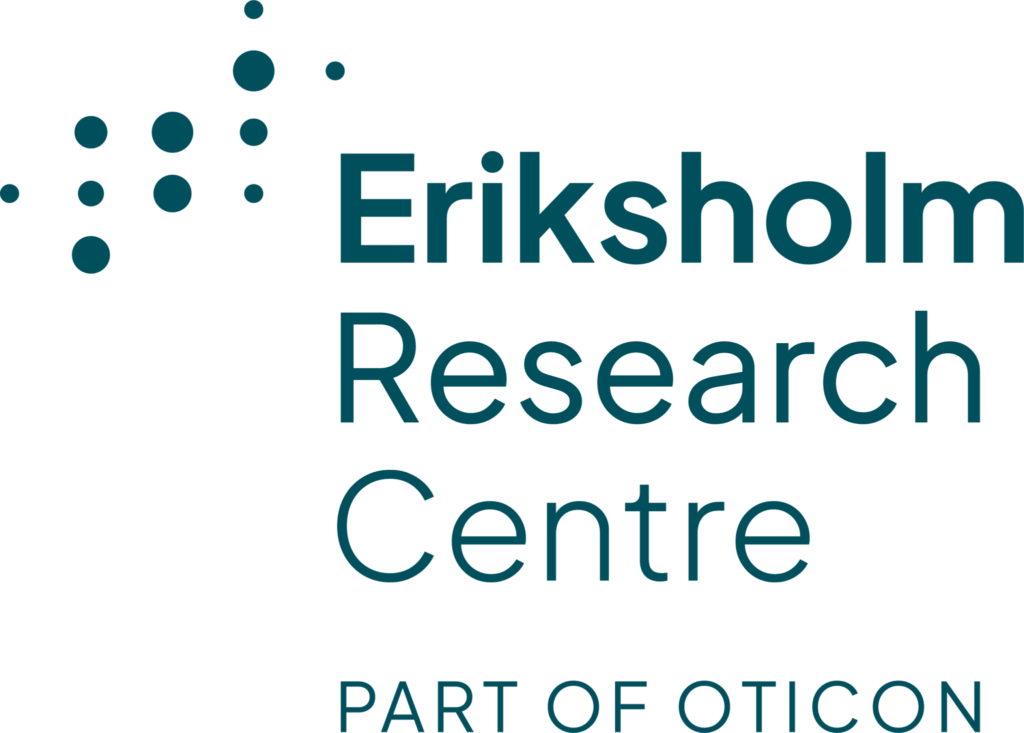Introduction
EVOTION was a Horizon 2020 project funded by European Commission with 13 partners running from 2016 to 2020. The overall aim of the project was to demonstrate how big data tools can support the development, monitoring, and the documentation of interventions in hearing health care.
EVOTION developed a number of components, hearing aids providing privacy preserving contextual information about sound environments, data collection tools for hearing aid users and clinicians, and a platform with analytical tools for policy makers. The project was not limited to a single intervention, instead it addressed multiple interventions that included auditory training, use of hearing aids, noise exposure, and self-management of noise reduction to ensure that the platform could address the wide range of interventions associated with hearing health care.
Aims
Eriksholm’s primary objective was to understand the relationship between hearing aid settings, acoustic context, time of day, day of week, and individual hearing characteristics. Our hypothesis was that the data collected from hearing aid use would reveal distinct groups of users with differing in needs for noise reduction in general and in specific situations. For instance we hypothesize that people with severe hearing loss would need more noise reduction late in the day than people with mild-to-moderate hearing loss.

Methodology
EVOTION recruited 1000 people with hearing loss at 5 clinical centers across Europe that all had the same clinical assessment and procedure. Participants where fitted with EVOTION hearing aids according to their audiogram, and a selection of four programs with different level of noise reduction. Participants also got a phone with the EVOTION app which provided the remote control and data collection features. The app also included instructional movies and auditory training. Each person used the hearing aid for 9-12 months while collecting data about the sound environments and how they operated their hearing aids with program changes and volume adjustments. Because of the lengthy duration, we refrained from alerting the hearing aid users to rate their hearing and relied solely on voluntarily provided data.




